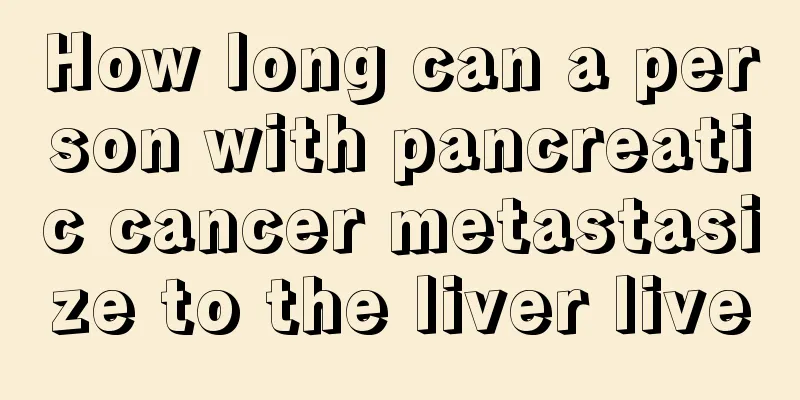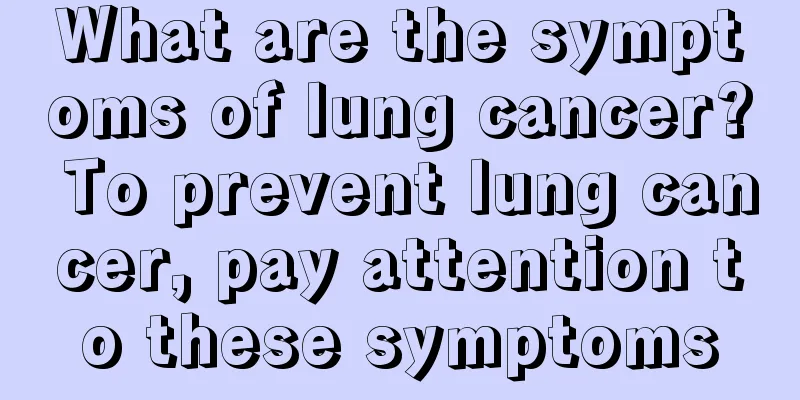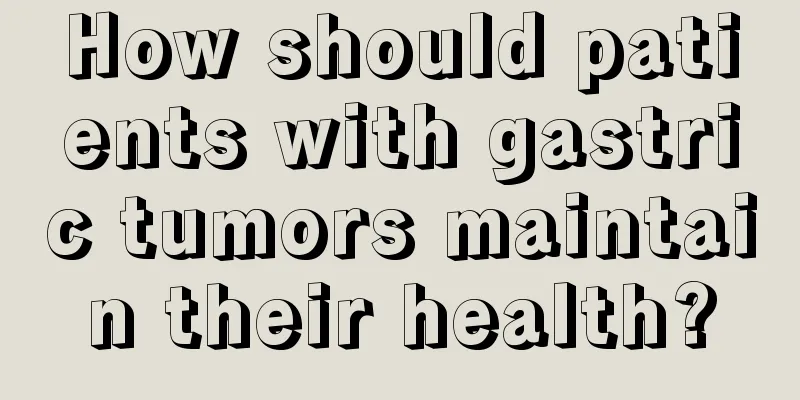How to treat acute hepatitis C? The best treatment for acute hepatitis C

|
Hepatitis is a very common liver disease, which can be divided into hepatitis A, hepatitis B, and hepatitis C. Hepatitis C is very harmful to our health. Acute hepatitis C must be treated promptly. Antiviral treatment can be used. Only timely treatment can prevent it from turning into chronic hepatitis C. (1) Acute hepatitis C The optimal treatment for acute HCV infection has not yet been determined, but treatment can be postponed until 8 to 12 weeks after the onset of acute hepatitis. If HCV-RNA is still detected to be positive, antiviral treatment should be started. Ordinary IFNα3-MU is injected intramuscularly or subcutaneously once every other day for 24 weeks. For the treatment of hepatitis C, ribavirin 800-1000 mg/d should be taken at the same time. (2) Chronic hepatitis C ① Patients with persistent or repeated elevation of ALT or AST, or obvious inflammatory necrosis (G≥2) or moderate or above fibrosis (S≥2) in liver histology are prone to progression to cirrhosis and should be given active treatment. ② Most patients with persistently normal ALT have mild liver disease, and the decision on whether to receive treatment should be based on the pathological results of liver biopsy. For those with obvious fibrosis (S2, S3), antiviral treatment should be given regardless of the degree of inflammatory necrosis; for those with mild inflammatory necrosis and no obvious fibrosis (S0, S1), no treatment is required for the time being, but liver function should be tested every 3 to 6 months. ③ALT level is not an important indicator for predicting patients' response to IFNα. For hepatitis C patients with normal or slightly elevated ALT, treatment can be provided as long as the HCV-RNA is positive. QQ screenshot 20160627152526.png (3) Hepatitis C cirrhosis ① For patients with compensated cirrhosis (Child-Pugh A grade), although the tolerance and effect of hepatitis C treatment are reduced, in order to stabilize the condition and delay or prevent the occurrence of complications such as liver failure and HCC, it is recommended to give antiviral treatment under close observation. ② Patients with decompensated cirrhosis often find it difficult to tolerate the adverse reactions of IFNα treatment, and those who are able should undergo liver transplantation. (4) Recurrence of hepatitis C after liver transplantation The recurrence rate of HCV infection is high in patients with HCV-related cirrhosis or HCC after liver transplantation. IFNα treatment has a certain effect on such patients, but it may promote rejection of the transplanted liver. Antiviral treatment can be carried out under the guidance of an experienced specialist and under close observation. |
<<: What are the signs that depression is getting better? Do you know all of these?
>>: What should we do if teenagers have low immunity?
Recommend
Treatment of acute gout
Acute gout is a common disease. It is caused by p...
Symptoms of gastric indigestion, do you have any of these symptoms?
Gastric indigestion is a common disease, which is...
What is the diagnosis method for liver cancer? Introduction to the most effective diagnosis method for liver cancer
B-ultrasound examination is a clinical auxiliary ...
How should melanoma be treated?
Melanoma is a relatively common malignant tumor. ...
How to determine whether it is rheumatism_How to know whether there is rheumatism
Rheumatism is now considered by medicine to be a ...
What folk remedies are most effective in treating lung cancer? Several effective folk remedies for treating lung cancer
There are many symptoms of lung cancer. If lung c...
Treatment of sequelae of cerebral hemorrhage in the right basal ganglia
I believe that the disease of sequelae of right b...
What to do if the eyeball is congested
Eye congestion mainly refers to redness of the wh...
Does floor tile contain formaldehyde
As we all know, many pieces of furniture actually...
What foods can easily cause diarrhea?
In daily life, we cannot ignore healthy eating, a...
Can natural forehead wrinkles be removed
Many people will find wrinkles on their forehead ...
How to treat capillary nevus
Capillary nevus is a very common disease in daily...
How to clean oil stains on down jackets
As autumn turns to winter and the winter winds ge...
Is white vinegar an effective treatment for eczema?
In daily life, white vinegar is a common condimen...
What are the prescriptions for treating high blood pressure?
Hypertension is one of the most common diseases n...









